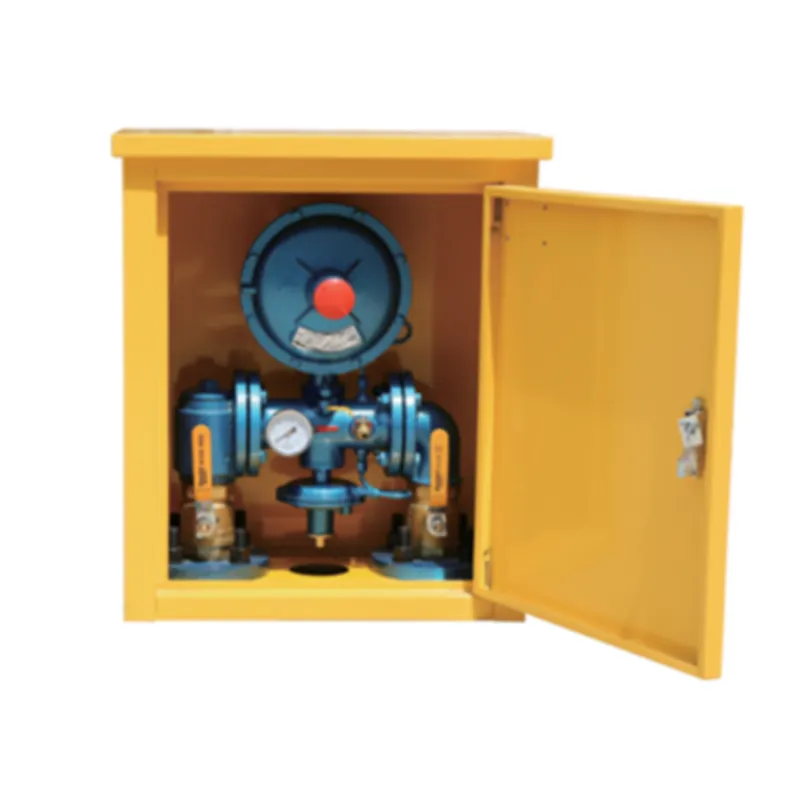
Nov . 12, 2024 13:53
Back to list
natural gas filter
Understanding Natural Gas Filters Importance and Applications
Natural gas, a vital energy source, plays a crucial role in powering homes, industries, and vehicles. With the increasing demand for cleaner energy and the complexity of gas extraction and processing, ensuring the quality and safety of natural gas has become paramount. One of the essential components of natural gas processing is the use of filters, which are designed to remove impurities and contaminants from the gas before it enters the supply network or end-use applications.
What Are Natural Gas Filters?
Natural gas filters are devices engineered to separate unwanted particles, liquids, and other impurities from natural gas. These filters work on various principles, including mechanical filtration, cyclonic separation, and membrane filtration, depending on the specific contaminants to be removed.
The primary contaminants that natural gas filters target include
1. Solid Particles Dust, dirt, and other particulates can accumulate during the extraction process or through pipeline transport. Filters trap these solids, preventing them from entering combustion systems or causing wear and tear on equipment.
2. Liquids Water, hydrocarbons, and other fluids may condense in pipelines due to temperature changes. Liquid filters and separators are designed to remove these droplets, which can cause operational issues if left unchecked.
3. Chemical Contaminants Certain gases such as hydrogen sulfide (H2S) or carbon dioxide (CO2) can be present in natural gas. Specialized filters, such as activated carbon filters, can help to adsorb these undesirable gases, ensuring the end product's safety and compliance with regulatory standards.
Types of Natural Gas Filters
Natural gas filters can be classified into several categories based on their function and the type of contaminants they are designed to remove
1. Mechanical Filters These are the most common type, using filter media to capture solid particles. They come in various designs, including pleated filters and bag filters, which provide different surface areas and efficiencies.
natural gas filter

2. Coalescing Filters These filters are specifically designed to remove liquid water and larger hydrocarbons from gaseous streams. They work by forcing the gas to pass through a filter medium that promotes the coalescence of smaller droplets into larger ones, which can then be drained away.
3. Activated Carbon Filters Used primarily for gas sweetening, these filters contain activated carbon to adsorb odoriferous and toxic gases. They are crucial in industries that require a high purity level of natural gas before it can be used in sensitive applications.
4. Membrane Filters These filters use semi-permeable membranes to separate gases based on their molecular size and properties. This technology is particularly useful for high-purity applications where specific components must be selectively removed or concentrated.
Importance of Natural Gas Filters
The role of filters in natural gas processing is critical for several reasons
- Safety Removing harmful contaminants reduces the risk of accidents in combustion systems, improving overall operational safety.
- Efficiency Clean natural gas burns more efficiently, leading to reduced fuel costs and lower emissions of pollutants.
- Equipment Longevity By filtering out particulates and liquids, filters help to extend the life span of compressors, turbines, and other equipment, reducing maintenance costs and downtime.
- Regulatory Compliance Many regions have stringent regulations governing the quality of natural gas supplied to consumers. Efficient filtration ensures compliance with these standards, minimizing legal risks for suppliers.
Conclusion
Natural gas filters are essential components in the quest for cleaner and safer energy solutions. By effectively removing impurities and contaminants, these filters not only enhance the quality of natural gas but also play a vital role in promoting safety, efficiency, and compliance within the energy sector. As technology advances, we can expect further innovations in filtration methods, contributing to more sustainable and effective natural gas processing techniques.
Latest news
-
Safety Valve Spring-Loaded Design Overpressure ProtectionNewsJul.25,2025
-
Precision Voltage Regulator AC5 Accuracy Grade PerformanceNewsJul.25,2025
-
Natural Gas Pressure Regulating Skid Industrial Pipeline ApplicationsNewsJul.25,2025
-
Natural Gas Filter Stainless Steel Mesh Element DesignNewsJul.25,2025
-
Gas Pressure Regulator Valve Direct-Acting Spring-Loaded DesignNewsJul.25,2025
-
Decompression Equipment Multi-Stage Heat Exchange System DesignNewsJul.25,2025

